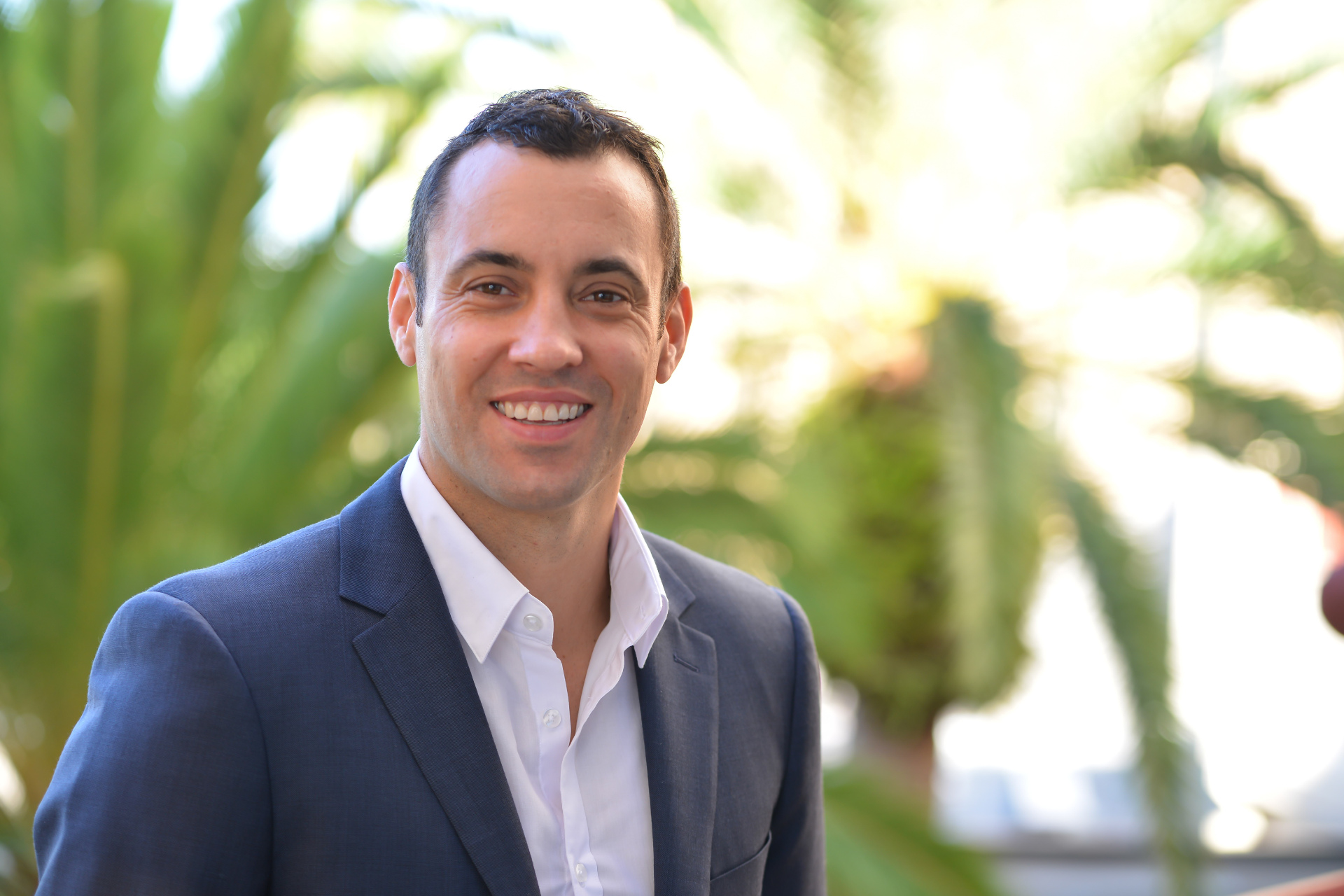One notable example is Scott Haycock, WhiteWater’s VP - China. Scott has been a senior executive with WhiteWater West for 7 ½ years, initially as VP – Global Business & Sales Operations before moving to VP Business Development - North America and, for the last 3 years, he has been responsible for WhiteWater’s sales operations in China, currently the world’s largest market for water parks and aquatic play.
Scott has recently relocated his family back home to New Zealand, where he will continue in his current role for WhiteWater West Industries.

